Franz Weber, a quixotic and visionary campaigner
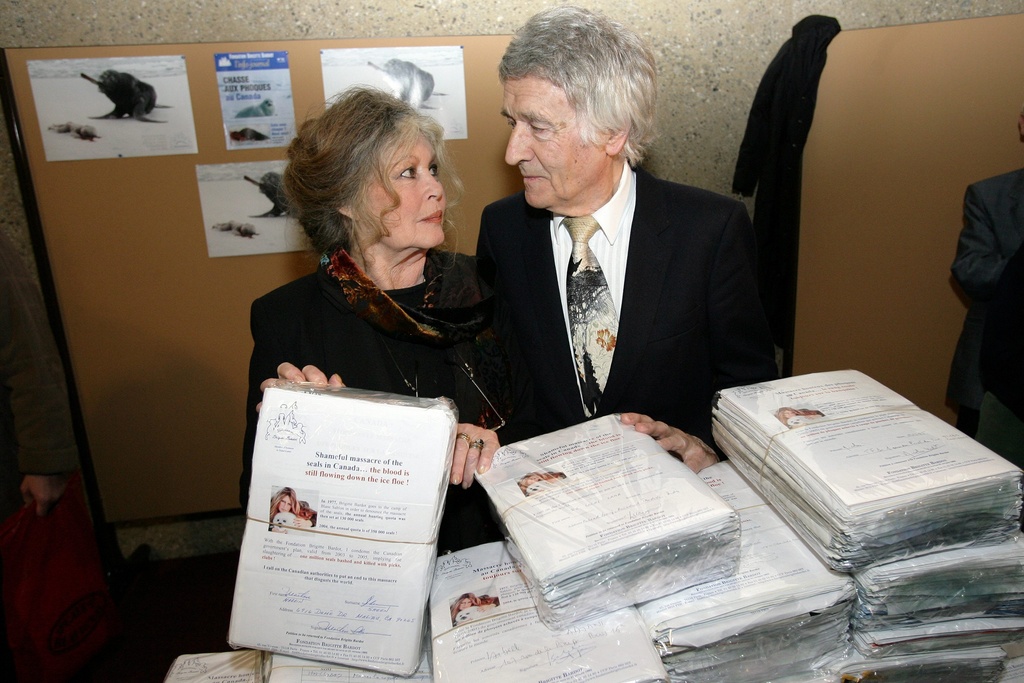
Vaud-based ecologist Franz Weber succeeded on March 11 in getting the Swiss to adopt his proposal to limit the spread of secondary residences.
It’s another amazing coup for the man with an extraordinarily youthful and visionary spirit.
At the age of 84, Weber continues to surprise everyone – even his natural allies in the environmental lobby, who thought the initiative on secondary residences too radical and too legally complex. If it had been rejected, Weber’s proposal would likely just have added to the resistance to nature conservation.
“It was incredible. I couldn’t believe it, looking at the results. It was a big surprise, because people’s initiatives usually have a lot of trouble getting either a majority of the people or of the cantons,” said parliamentarian Silva Semadeni, president of the group Pro Natura.
It is not the first time that environmental groups have found themselves blindsided by initiatives from Weber, in some cases promoted parallel to theirs.
A lone wolf – many times abused, attacked and even imprisoned – Weber has been going his own way for half a century, without ever asking anyone for favours. What makes him go is not calculation or planning, but passion.
Environmental pioneer
It’s a passion that goes back to his childhood. “I grew up outside the city of Basel. As a child I was always out in the fields and the woods. I often went to the station and asked the train drivers to tell me about the countryside they saw travelling through Switzerland. They were amused at being interviewed by a kid,” Weber told swissinfo.ch.
That memory seems to contain in germ Weber’s whole future life. The third of seven children, the Basel activist started out as a journalist.
In 1949, after studying commerce initially, he changed tack and moved to Paris, where he tried his luck as a poet and writer, but without much success. However, he did succeed as a reporter and interviewer of important people in the arts and entertainment world.
His vocation for ecology was born 47 years ago, about the very same issue as last Sunday: defending the alpine landscape against the spread of secondary residences. In 1965, travelling through the Engadine valley, he found out about a speculators’ building project in Surlej, on Lake Silvaplana.
He launched his first crusade, attracting attention even from outside the country. In an era of demographic and urban boom in Europe, this was one of the first times that such a battle was fought to preserve the natural landscape.
“Even French and German television arrived on the scene,” recalled Weber, who won that battle.
Bardot and the seals
In 1974 he settled in Montreux, where he set up his headquarters and his foundations for nature conservation.
Just a few kilometres away, the wonderful terraced vineyards of Lavaux on the slopes overlooking Lake Geneva were threatened by urban sprawl. Weber went on the attack again, against the will of the majority of the inhabitants of the district. The first “Save Lavaux” initiative was passed by the people of canton Vaud in 1977.
That same year the Swiss ecologist became internationally famous with his spectacular campaign against the slaughter of seals.
From his journalism days Weber had learned how to use the media. He travelled to northern Canada taking with him about 70 journalists as well as the film star Brigitte Bardot.
From then on, Weber was in demand all over the world. In 1978 the Council of Europe appealed to him to help save Delphi in Greece.
The following years saw him in Austria protecting a nature reserve on the Danube, in Africa helping hippopotamuses, and in Australia defending wild horses.
Reviled and esteemed
While abroad he garnered awards and recognition, including honorary citizenship of Delphi, in Switzerland his campaigns against the building of airports and motorways, the mooring of seaplanes in lakes or noise from military aircraft aroused the irritation of many.
Together with the sociologist Jean Ziegler, with whom he shares a love of the media spotlight, he became one of the most hated people in Switzerland.
However, people like Weber are also appreciated for what they do. His foundations attracted donations from all over, which allowed him to run 150 national and international campaigns, also about 30 cantonal and national initiatives – an absolute record.
His infrequent successes, until last Sunday’s, were only at cantonal level, but governments have often been pushed into action to counter his initiatives. Together with his wife, his daughter and a few aides, Weber is a powerful lobby.
In the 1980s, when he moved to save the Grandhôtel in Giessbach, some people thought he was losing all sense of proportion. But the hotel and its setting have a distinctive Romantic flavour, which fascinated artists and philosophers even a century ago.
Weber is above all a Romantic among ecologists, who continues to fight for the beauty of the landscape and the poetry of nature while other environmentalists focus on things like nuclear power plants and climate change.
Too young to retire
Quixotic and visionary, his campaigns have helped to open people’s eyes, even if only years or decades later – as in the case of Lavaux, whose terraced vineyards were added to the Unesco World Heritage list in 2007.
Anything but complacent about his first success in a federal vote, Weber is now promising another raft of people’s initiatives. He is also mounting a campaign in Argentina to defend draught horses there.
He expects to turn some of the running of things over to his daughter Vera, who has already played a role in several campaigns, in particular this last one on secondary residences.
But Weber has no intention of retiring. “For as long as I am needed to carry on campaigns, I am ready to do battle. In the final analysis I am still young, and I can work for another ten years at least.”
A prospect which does not exactly give joy to everyone, especially in Valais, where the flamboyant ecologist did not make a lot of friends last Sunday.
(Translated from Italian by Terence MacNamee)

In compliance with the JTI standards
More: SWI swissinfo.ch certified by the Journalism Trust Initiative


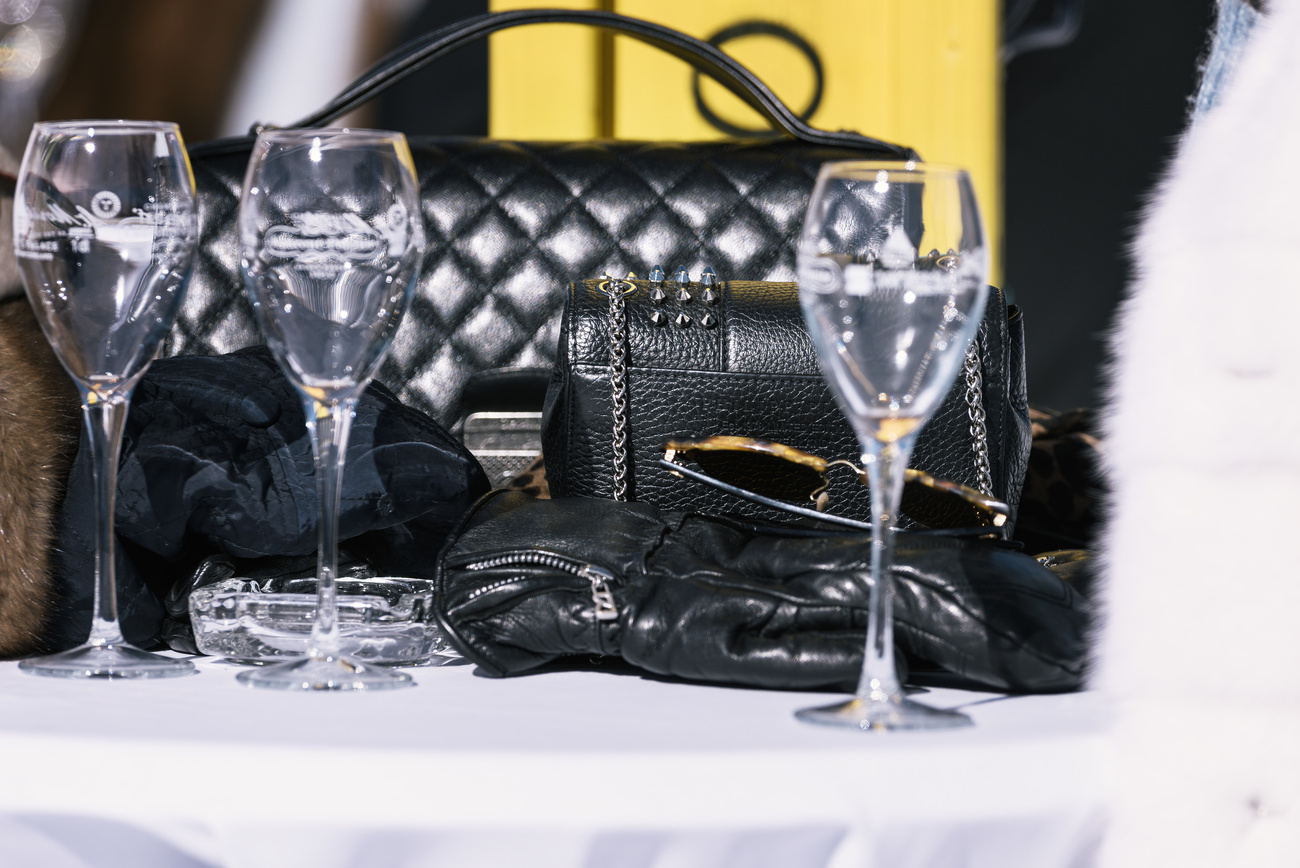






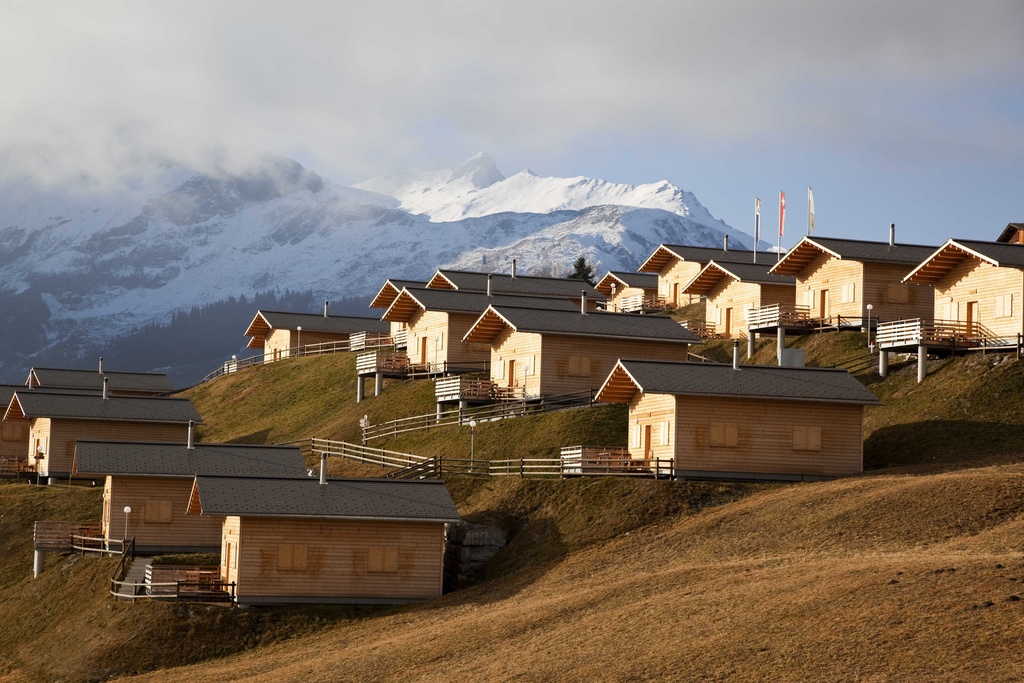
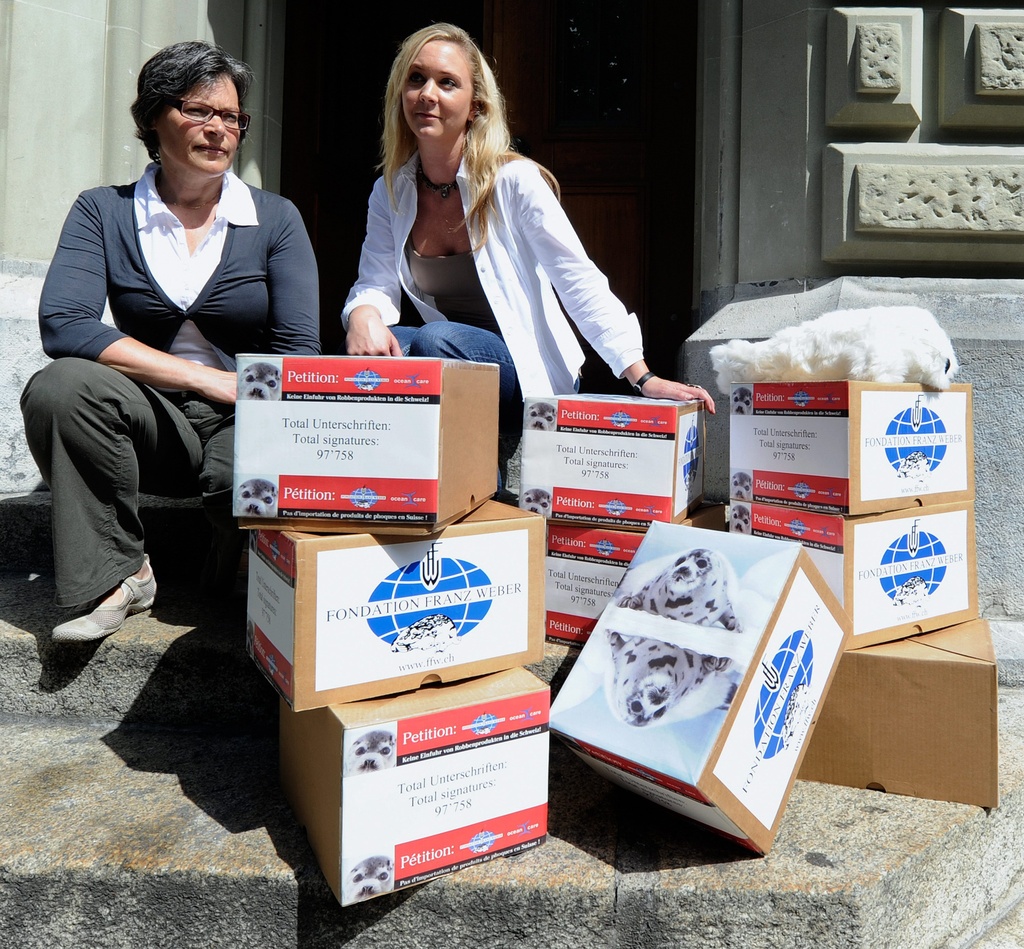


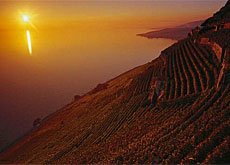

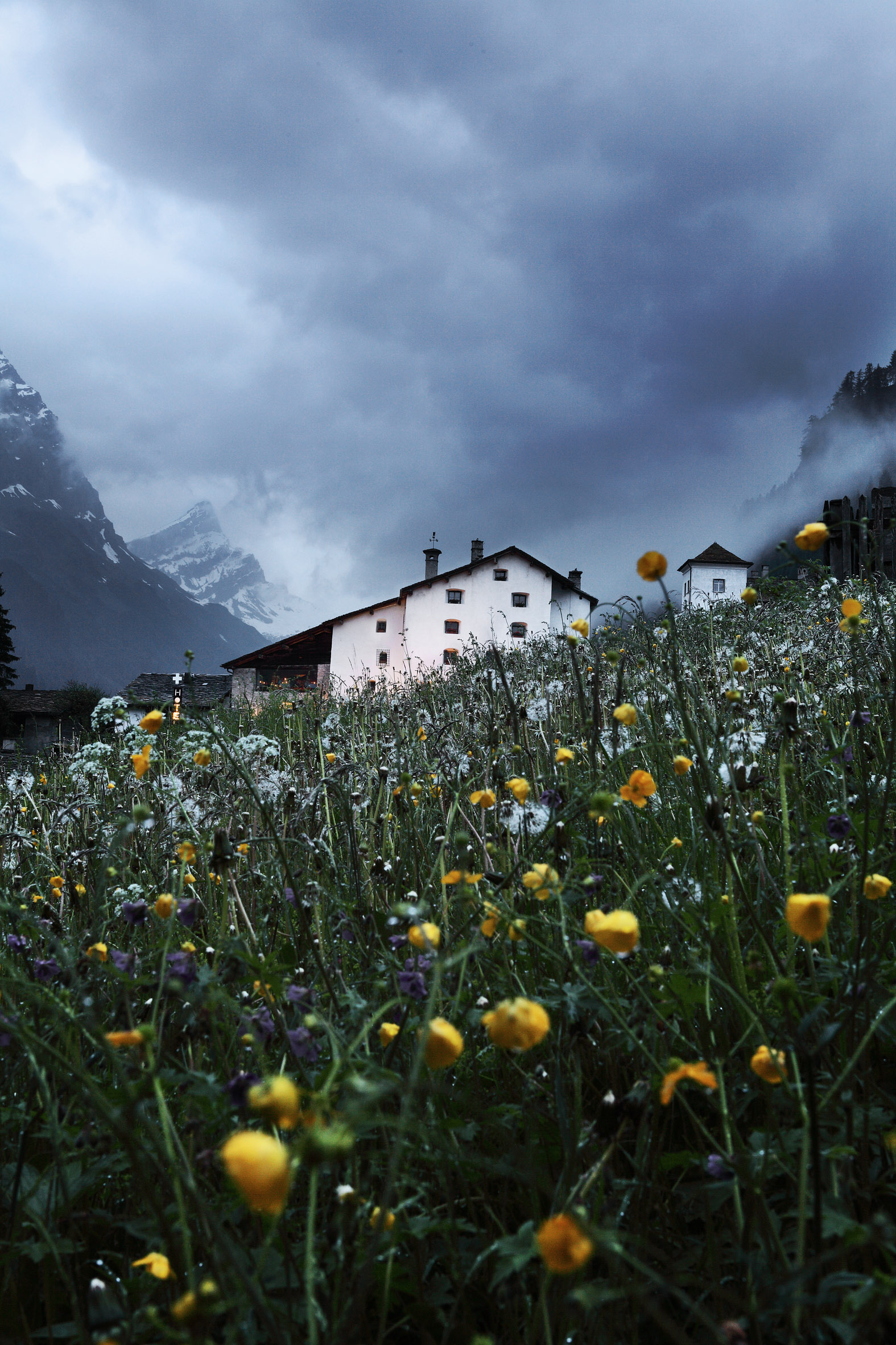


You can find an overview of ongoing debates with our journalists here . Please join us!
If you want to start a conversation about a topic raised in this article or want to report factual errors, email us at english@swissinfo.ch.